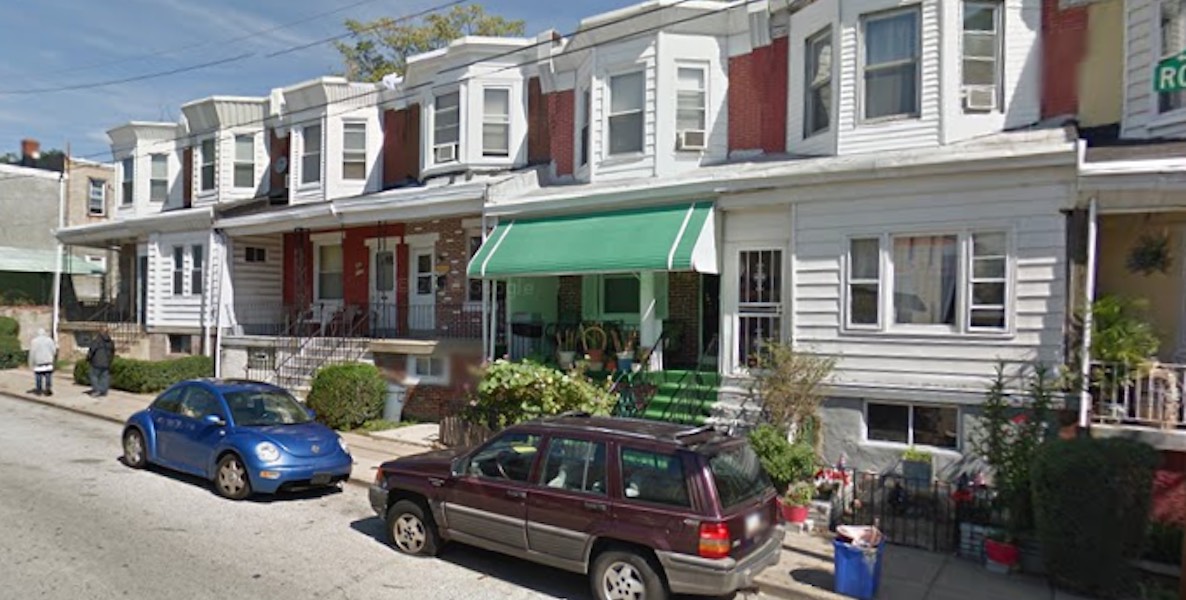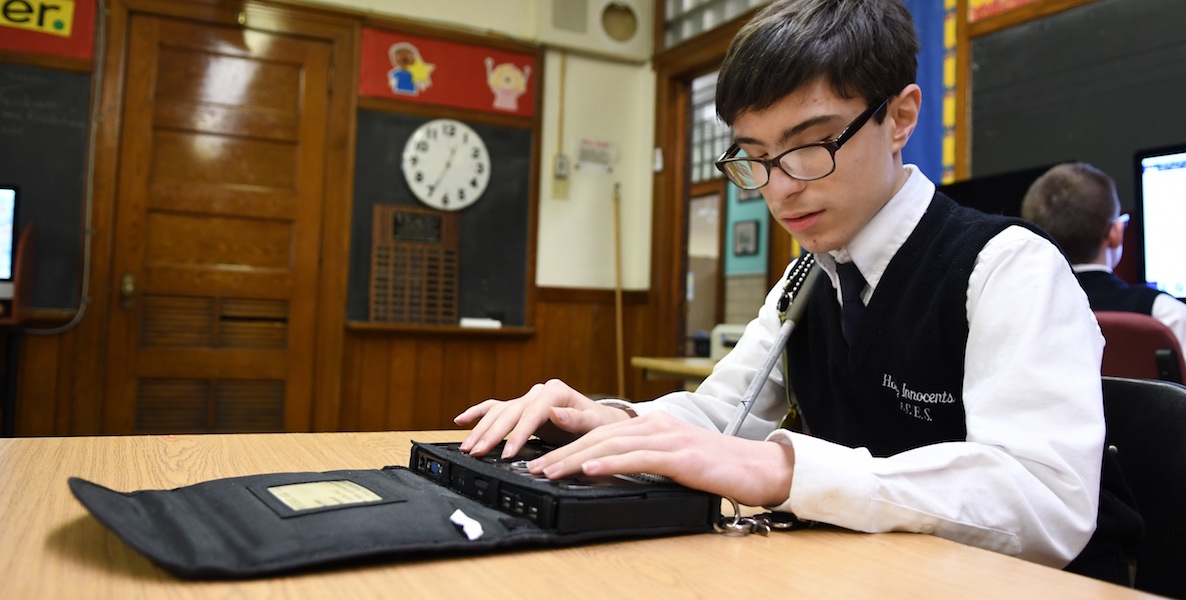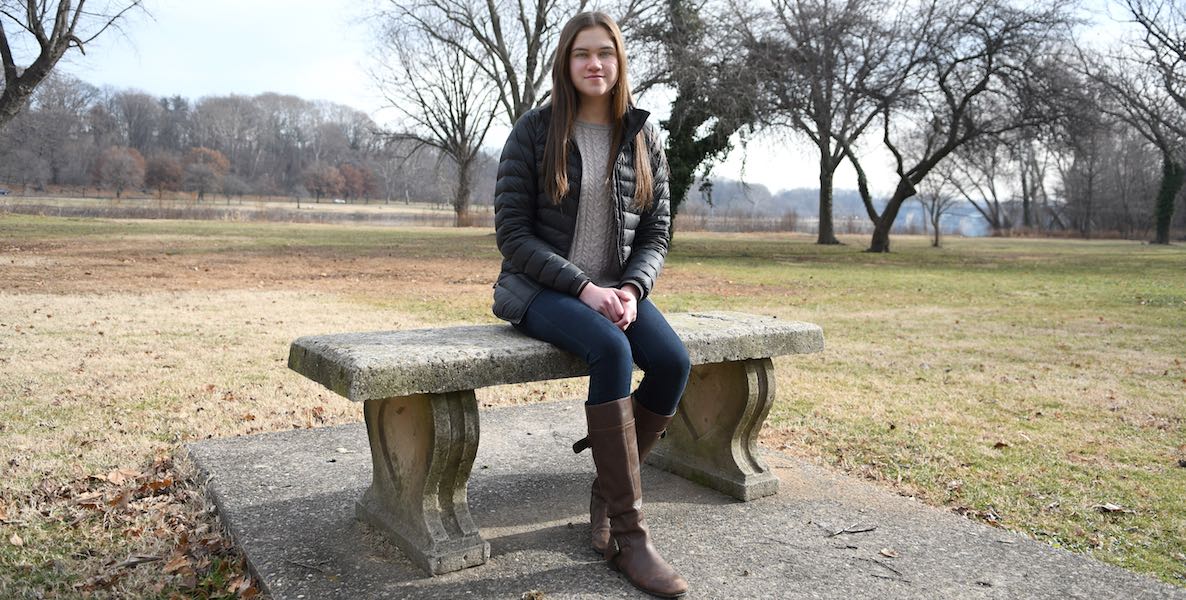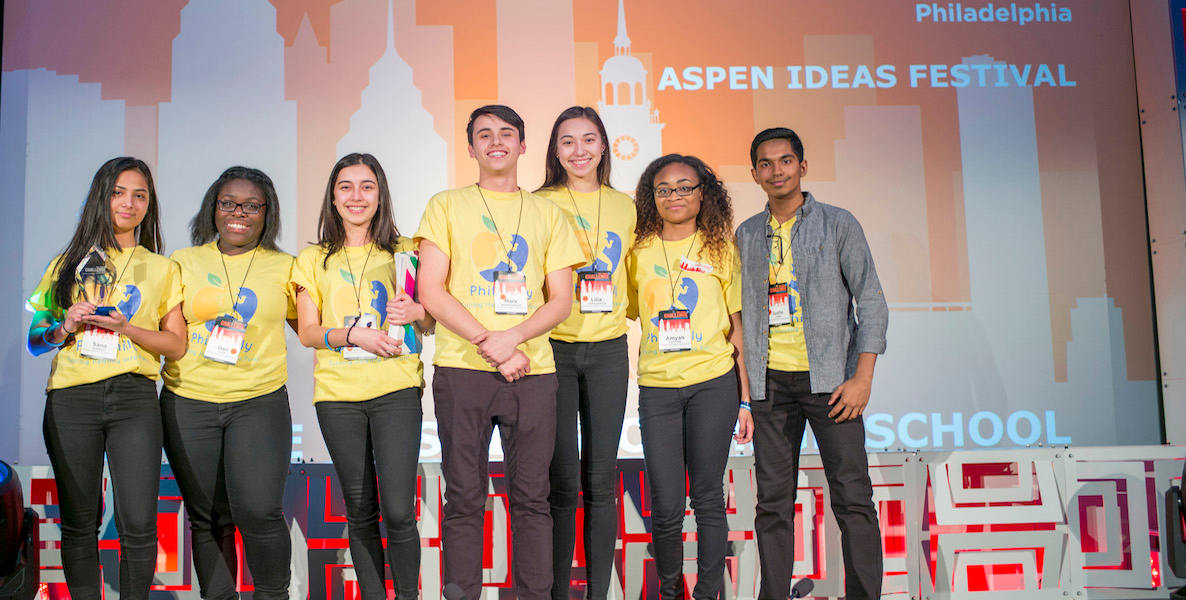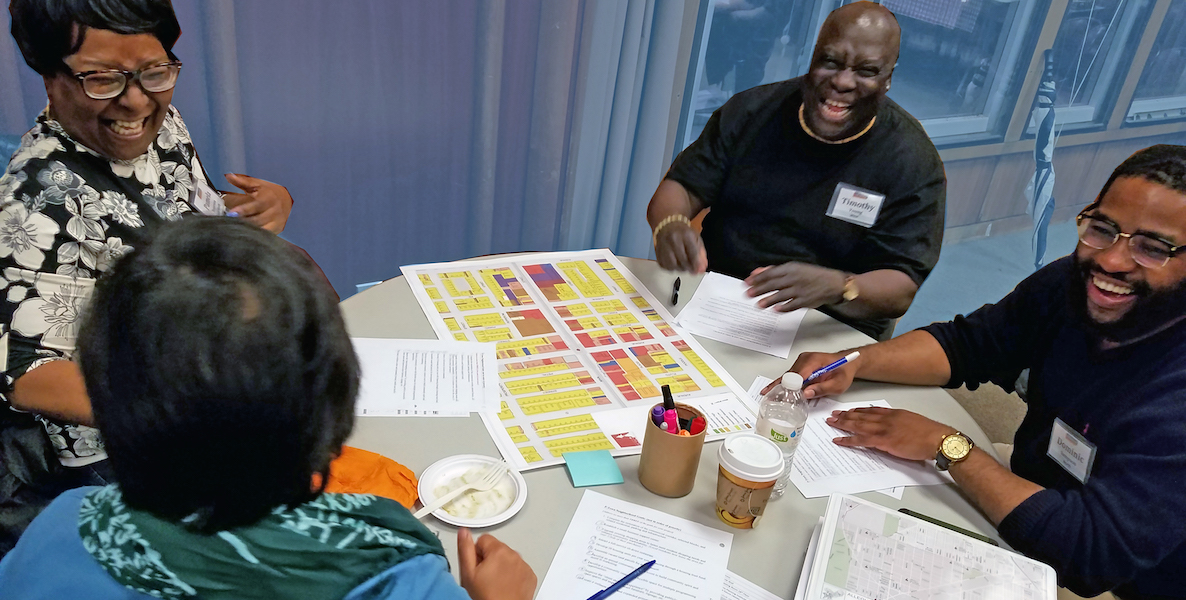Luka Lakuriqi, an Albanian immigrant, spent years appreciating his new American life—and looking for ways to give back. The Mayfair resident spent his days traveling back and forth to New Jersey for his job as an architect; he knew he wanted to do more for his own neighborhood, but was never quite sure how to best share his skills with his adopted home city.
Then, on a radio show in 2015, he heard about the Citizens Planning Institute, the education and outreach arm of the city’s Planning Commission, which since 2010 has sent 500 residents back into their neighborhoods armed with the tools to make needed changes.
Lakuriqi, 35, applied to become a CPI fellow when he got home that night. The experience changed his life. He is now the director of his local community development corporation, working full time to improve his neighborhood. His most recent project? Securing $200,000 to purchase a local landmark in his neighborhood that has been overgrown and vacant for 10 years. It will soon become a school for Albanian children—a large population of whom live in the Northeast—and a cultural center for the whole community.
“This was the city that welcomed me,” Lakuriqi says. “It has been my home. I thought that CPI would be the best way for me to be helpful, and it ended up really being the case.”
CPI’s proposition is simple: Getting residents involved where it matters most—their own neighborhood—can open the door to greater engagement in the city at large.
The Citizens Planning Institute is a seven-week course about how community groups, city planners, residents and government work together to manage development and bring city services to neighborhoods. It addresses a chronic issue in Philadelphia: Low levels of community involvement, from voting to cleaning up litter to showing up at city meetings. CPI’s proposition is simple: Getting residents involved where it matters most—their own neighborhood—can open the door to greater engagement in the city at large.
Eight years in, CPI has become a model that other cities have adopted around the country.
“It’s really demystifying in a way the way city government works,” says CPI’s Executive Director Donna Carney. “They see our instructors, a lot of them are city employees. It puts a face to the title.”
The Planning Commission started CPI in 2010 as the city began to change its zoning codes for the first time in more than 50 years. At that same time, the Commission launched Philadelphia 2035, a comprehensive development plan for each regional district in the city.
“At the time this formed, we were really looking for people to testify to their neighbors about what was coming out of these big initiatives, especially zoning,” Carney says. “It was more about building that constituency to support us and to get the word out. Now it’s become a way to help implement [projects].”

Carney, who lives in West Mount Airy, developed CPI in 2010, after answering the Planning Commission’s call for submissions for a citizen education program. An Iowa native who had lived in the suburbs for decades, Carney had recently been laid off from her architecture consulting firm after the 2008 financial crisis. Several people she knew told her she’d be the best fit for the job. And she knew it too.
“It was perfect because I love designing the stuff, forming a program,” Carney says. “I really wanted this because I knew it would be life changing. And it has been.”
Although she has never been a city planner, Carney has degrees in architecture, preservation and organizational management and development, and a passion for citizen engagement at its most basic level.
“At the time this formed, we were really looking for people to testify to their neighbors about what was coming out of these big initiatives, especially zoning,” Carney says. “It was more about building that constituency to support us and to get the word out. Now it’s become a way to help implement [projects].”
CPI’s program—which costs $100, with some scholarships available—includes a series of sessions about development and zoning, along with special topic courses about the impact different city planning has on the general public. Each session is led by a Philadelphia leader, from government, a private sector business or a non-profit organization—all of whom become a resource to the citizen planners when they graduate from the program. Past CPI graduates also share their own stories about what they’ve done since leaving the program.
The upcoming cohort, which starts next month, will hear from Maria Gonzalez, the president of Hispanic Association of Contractors & Enterprises CDC; Tiffany Thurman, the chief of staff for the Philadelphia Department of Parks & Recreation; and Ruth Birchett, one of the leaders of the Stadium Stompers, a North Philly residents group opposing Temple University’s proposed football stadium.
![]()
During the last class, newly minted citizen planners take everything they’ve learned and apply it to their neighborhood for a final presentation. Those ideas often become reality, giving CPI grads an immediate sense of what they can accomplish. Lakuriqi, for example, created postcards of local landmarks and favorite Mayfair spots to boost community pride. Afterwards, Carney helped him get those postcards into every corner store.
After he felt his first tinge of success, Lakuriqi had caught the engagement bug. He began volunteering at the CDC every chance he got. He used those tools—anda few calls to Carney and others he met during his CPI cohort—to enact change in his neighborhood. Now he’s leading that same CDC.
Citizen planners, like the neighborhoods themselves, are diverse. Some citizen planners are already executive directors of organizations; some are retired people who haven’t been in a classroom for decades, or young people just starting to understand their role in the city. More than 1,200 Philadelphians have applied to the program, but Carney says they intentionally limit each session to 30 residents, so often turn people away. CPI grads now come from every neighborhood in the city.
![]()
CPI also puts out a series of toolkits, available online to anyone, around topics like How to Get to Know Your Neighbors, How to Tackle a Challenge, and How To Improve Your Community Group.
The lessons from CPI are ones that every Philly resident should have the ability to know. Understanding how the city actually works for neighborhoods is by far the most important lesson in making neighborhoods better. Schools—which also teach American civics less than ever—rarely explain the ins and outs of local government. And City Hall, in the center of town, can feel like a foreign land to far-flung neighborhoods where basic services, like street cleaning and easy transportation, never seem to reach.
Philly is also a place where development is often divorced from urban planning. Instead, it has long been an insider game, dominated by councilmanic prerogative and by decision-making that is often not community-centered. That Philly developed a citizens planning institute is fitting, since it is a city where citizens are alienated from planning more than in many others. With CPI training, the obscure work of the Planning Commission becomes something tangible that regular residents can work with.
For Aminata Sandra Calhoun, in Belmont, CPI training taught her to pay closer attention to her neighborhood’s needs, and how to take care of them. Since taking the program, she led the movement to have a dangerous building demolished, and a mural of newsman Ed Bradley painted on the side of the adjacent building; formed a clean-up committee with her neighbors; and is conducting a study of the needs of her neighbors with disabilities in order to find a way to accommodate them.
![]()
Kyle Shenandoah, a young Forgotten Bottom resident, graduated from CPI in 2017 and immediately co-founded the Tasker Morris Neighbors Association in a corner of the city that previously had no civic group. He led an effort to add a SEPTA bus route connecting Grays Ferry directly with University City, where hospitals and jobs are located. And he now holds two political seats, including a Democratic state committee spot.
“Citizens Planning Institute was where I had my start,” he says. “I was trying to figure out where I could fit in. I was angry and I wanted to do something. [After the program] you walk away inspired. You have tools in your belt.”
In the last few years, as word of CPI’s citizen planners has spread, Carney says she has helped other cities, including Omaha, Nebraska, and Charlotte, North Carolina, start their own version of the program. Just last month, several city planning agencies called her, including one in Australia. (Carney also once pitched the program to Chinese representatives, who were unenthused.)
Catherine Mahoney, the principal planner in Charlotte contacted Carney in 2015 to discuss how her Southern city could create a similar program. Since then, Mahoney and the Charlotte Mecklenburg Planning Department created its own CPI, called the Community Planning Academy to help with the roll-out of a 2014 land-use assessment. But like in Philly, that program has also become much more.
“[Philadelphia] has done a good job of iterating beyond just an education focus and into an action-oriented approach,” she says.
Photo via Citizens Planning Institute


